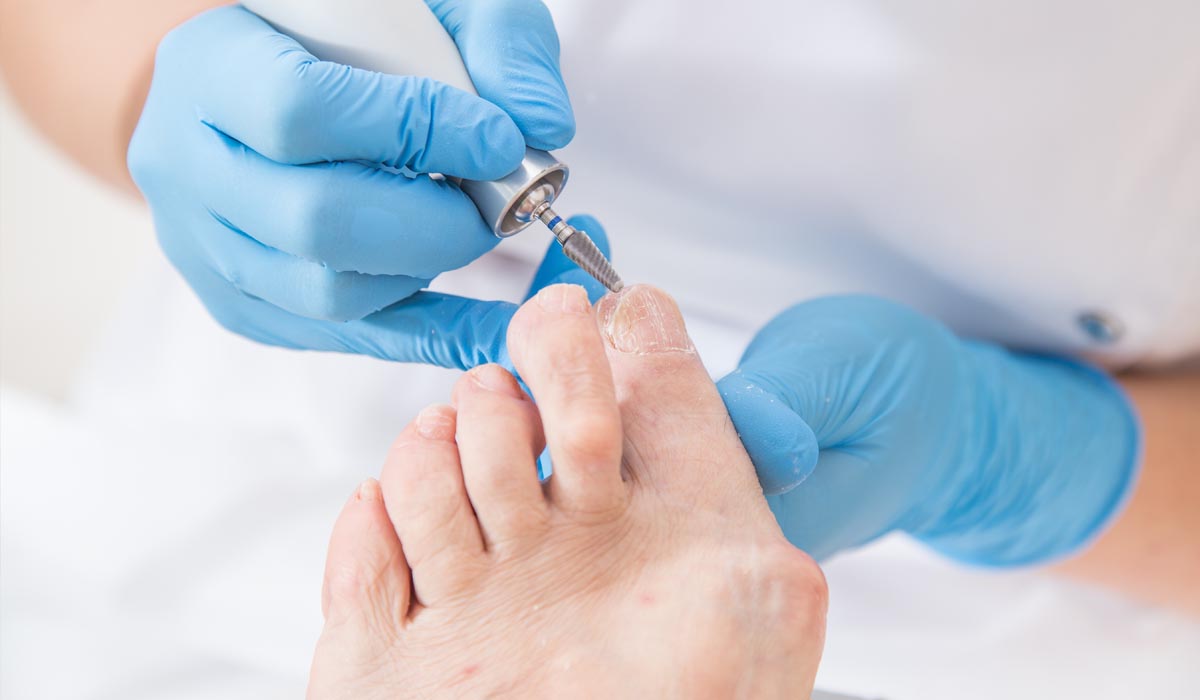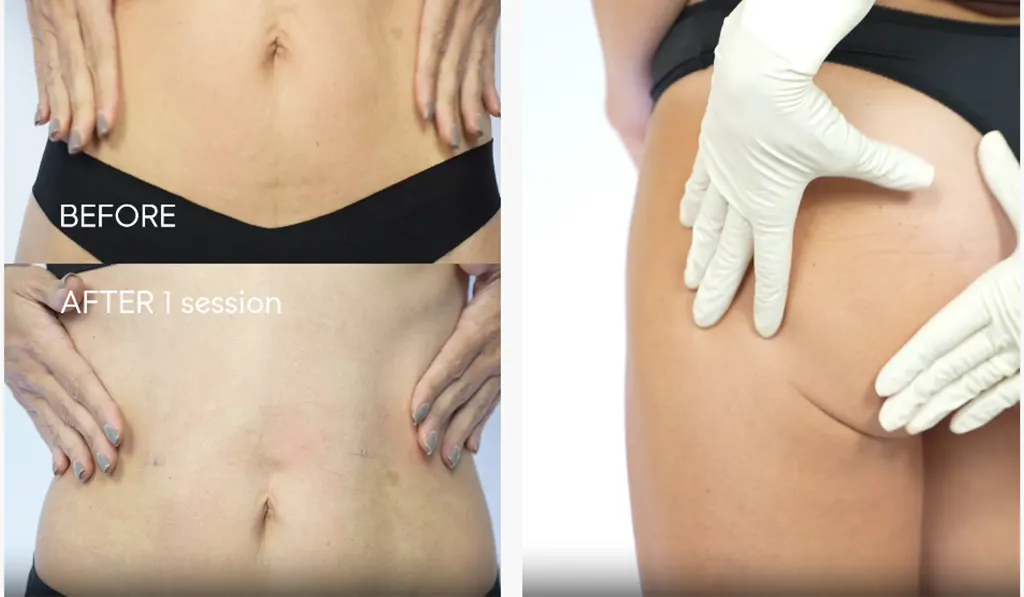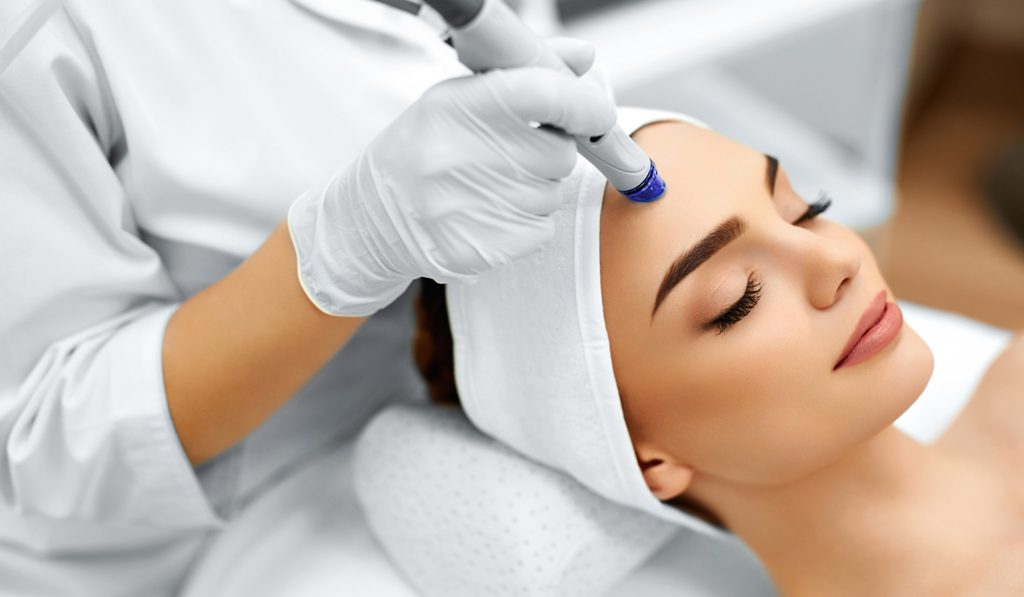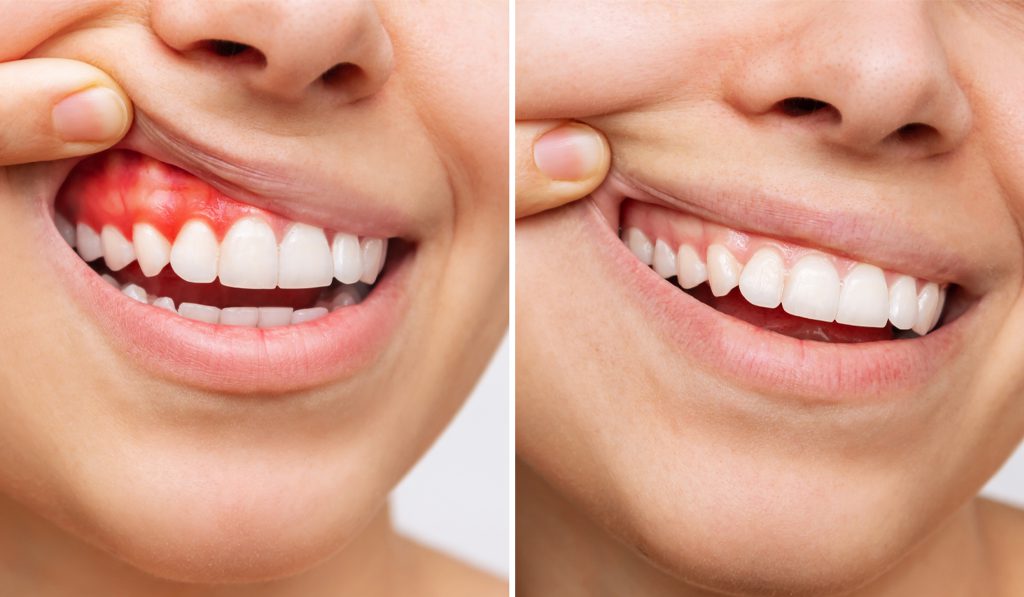Ingrown Toenail
Ingrown toenails, medically known as unguis incarnates or onychocryptosis, is one of the most typical foot problems worldwide. As per estimates, about 2% of the population suffers from this condition.
What is an ingrown Toenail?
It is a foot condition where the corner of the toenail curls and starts growing down, right into the toe’s skin. This condition occurs mainly on the bigger toes.
Why does it happen?
There are multiple reasons behind the occurrence of unguis incarnates. These include:
- Wearing very tight footwear or shoes
- Excessive sweating in the feet area
- Medical conditions like diabetes
- Nail infection
- Cutting the big toenails very short on the sides
- Injury
Which segment of the population is likely to develop this condition?
An ingrown toenail can happen to anyone. However, certain people are at higher risk of developing this condition. It includes adults and teenagers:
- Suffering from diabetes
- Having blood circulation issues, especially to the foot and toes
- Having a damaged nerve in their foot or leg
- Having an infected toenail
- Engaged in activities like kicking or running
- With sweaty feet, especially adolescents.
Symptoms
The common symptoms are:
- Swollen or inflamed skin
- Pain
- Redness and tenderness in the area
- Infection
- Accumulation of pus
- Footsore
Patients should seek medical help if the condition causes severe discomfort or if they have underlying medical conditions like diabetes that may affect the blood supply to the region.
Diagnosis
You might need to visit a foot specialist or a podiatrist to seek help. The doctor will physically inspect the toenail and also examine the nail edges.
No tests as such are required to detect the condition. However, if the nail is badly affected or infected, the doctor might suggest a blood culture and/or X-ray.
Treatment
There are two ways of treating this condition.
Nonsurgical Treatment
The best way to nip the bud is to start the homecare methods immediately upon recognizing the condition. A healthcare provider can recommend ways and means to prevent infection and other complications.
- Wear front-open footwear like sandals so the toenail gets ample air and space.
- Soak the area in warm water at least three to four times daily for ten to twenty minutes.
- Ensure that the foot is dry at all other times.
- Apply petroleum jelly around the toe and keep it bandaged.
- Your doctor may advise you to place cotton beneath the ingrown toenail edge. You can alternately use waxed dental floss.
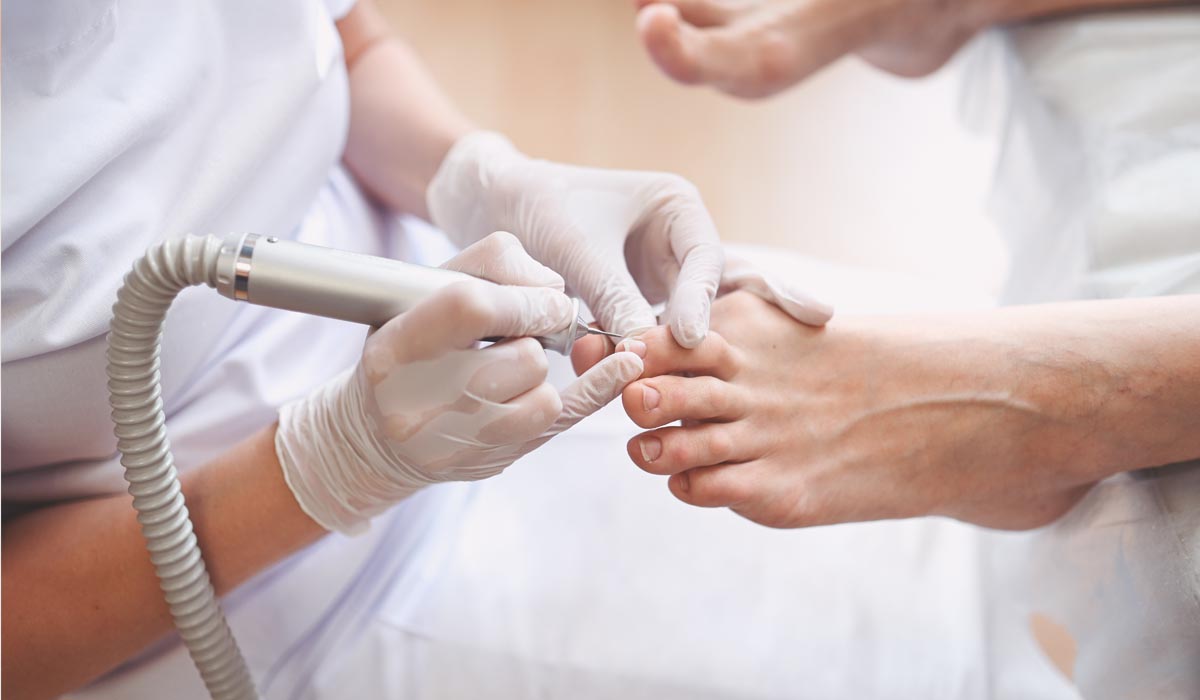
Surgical Methods of Treating Onychocryptosis
In most cases, an ingrown toenail does not require surgery and heals either on its own or with home care methods. However, the nail may sometimes be in a condition that your doctor might suggest surgical procedures to relieve you of the pain and other symptoms.
Surgical methods include:
Nail Lifting: The doctor, in this case, will slowly lift the edge of the nail and have a splint, dental floss, or cotton placed underneath. You will need to repeat the process at home every day. It usually takes between 2 to 12 weeks for the condition to heal. In some instances, the healthcare provider might use cotton soaked in a solution that removes the need for daily replacement.
Nail Taping: This is another method the doctor might use to help the affected area recover. In this case, the doctor will pull away the skin. Medical tapes are used for the procedure.
Splint Method: In this case, the doctor will numb the affected area and place a gutter splint or a small slit tube underneath the nail. It will push the nail to grow above the skin and not into it.
Partial Removal: When the case is severe with pus and pain, the doctor will advise partial removal of the nail. The region is first anesthetized, after which the ingrown portion is removed. The nail grows back, but it will take 2 to 4 months for this to happen.
Complete Nail Avulsion: Sometimes, the doctor will suggest this method if the problem persists. In this procedure, a part of the toenail and the underlying tissues are removed permanently using a laser, a chemical, or any other method that permanently kills the nail’s roots. As a result, the portion of the nail may not grow back again.
After Surgery Care
Surgical methods of treatment need to be followed by homecare procedures. The doctor will advise pain relievers for some time. You may also have to use a wet compress for some days for a few minutes each day to reduce swelling. When resting, take care to keep the toe elevated. After healing and returning to your regular routine, you will need to ensure that you do not undertake activities that can hurt the toenail. At all costs, follow the advice of your healthcare provider to ensure a speedy recovery and non-recurrence of the problem.
Prevention
An ingrown toenail will usually recur if proper steps are not taken to stop it from happening again. These are the methods to prevent it:
- Maintain the toenail at a moderate length. The toenail should be aligned with the tip of the toe.
- When trimming your nails, do not curve them to match the curve of the toe. Instead, you need to cut the nails straight across. If you cannot trim your nails yourself, meet a podiatrist to get the work done.
- Go in for shoes that fit your foot perfectly.
- Go in for protective footwear to prevent it from getting injured during physical activities.
- If you have medical conditions like diabetes, watch out for signs of unguis incarnates and consult with a doctor immediately.
Why 7DMC?
An ingrown toenail can be painful even though it heals with a bit of care in most cases. We have a team of specialists handling your medical condition. With the help of cutting-edge technologies and an empathetic approach, you are sure to sprint back to your usual self in no time.
Summary
Unguis incarnates is not a health risk but can cause pain and inflammation. While there are multiple home remedies to handle the problem, consulting with a medical expert is highly recommended.
References:
orthoinfo.aaos.org/en/diseases–conditions/ingrown-toenail
healthline.com/health/ingrown-toenail
ncbi.nlm.nih.gov/books/NBK513138

